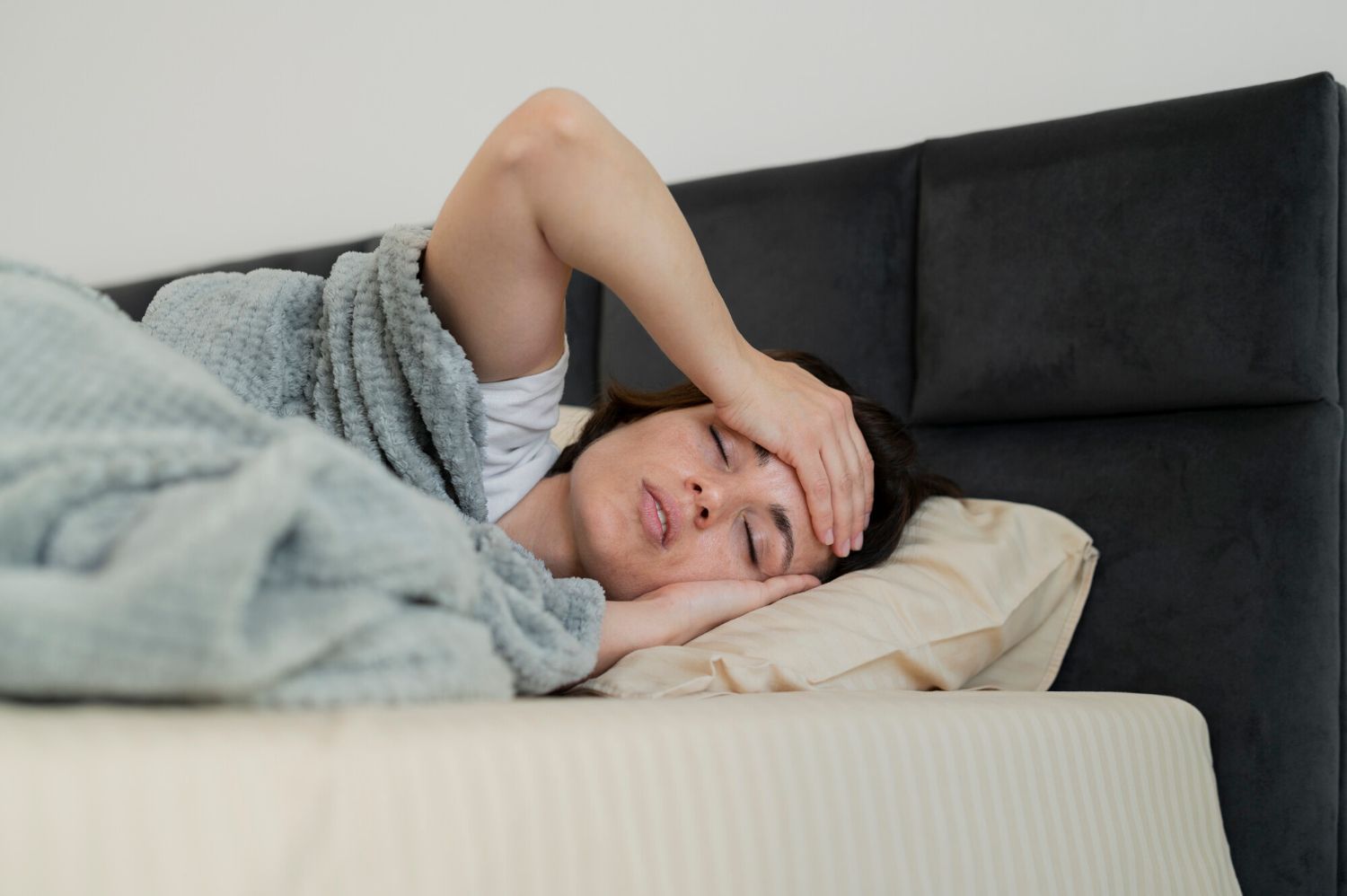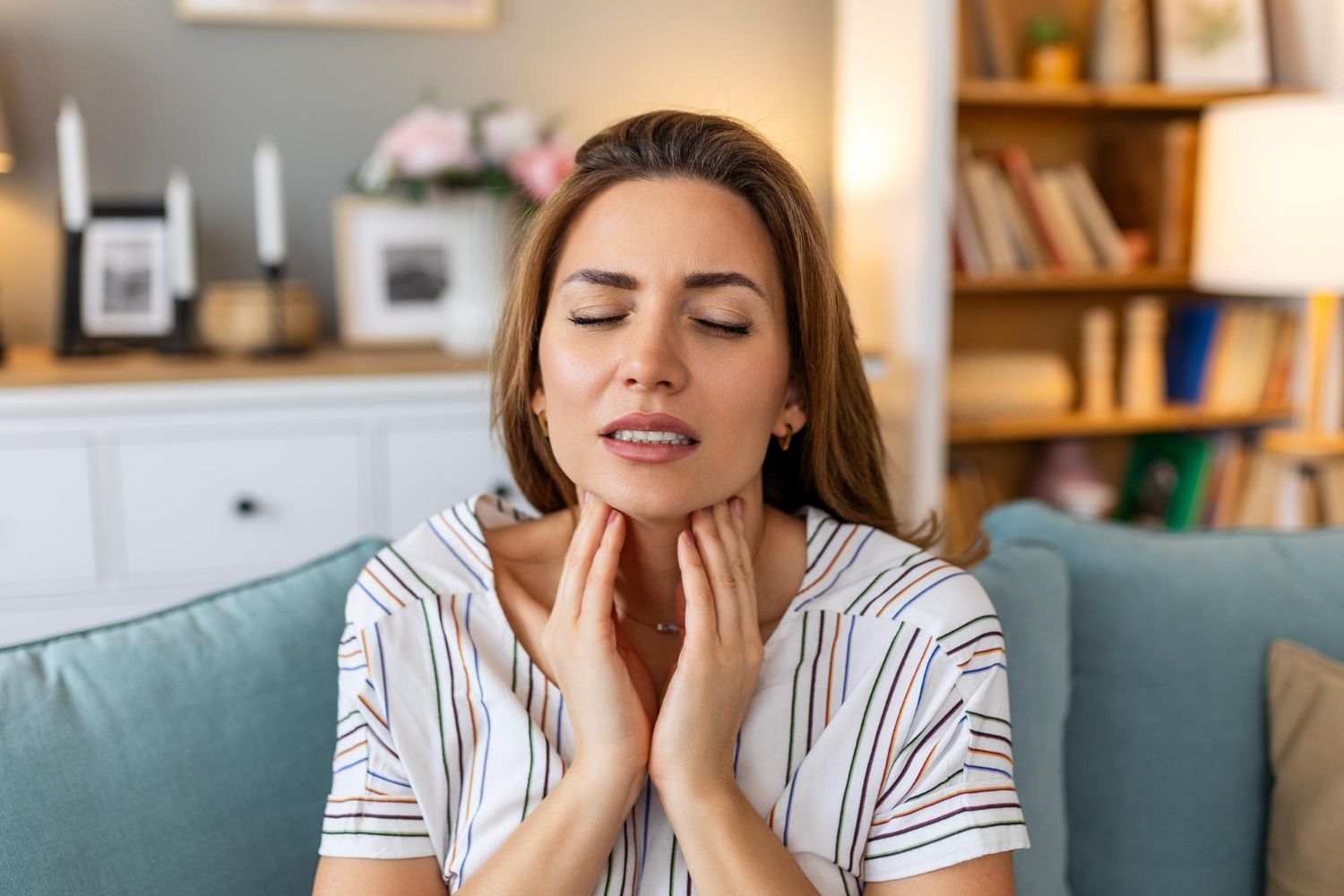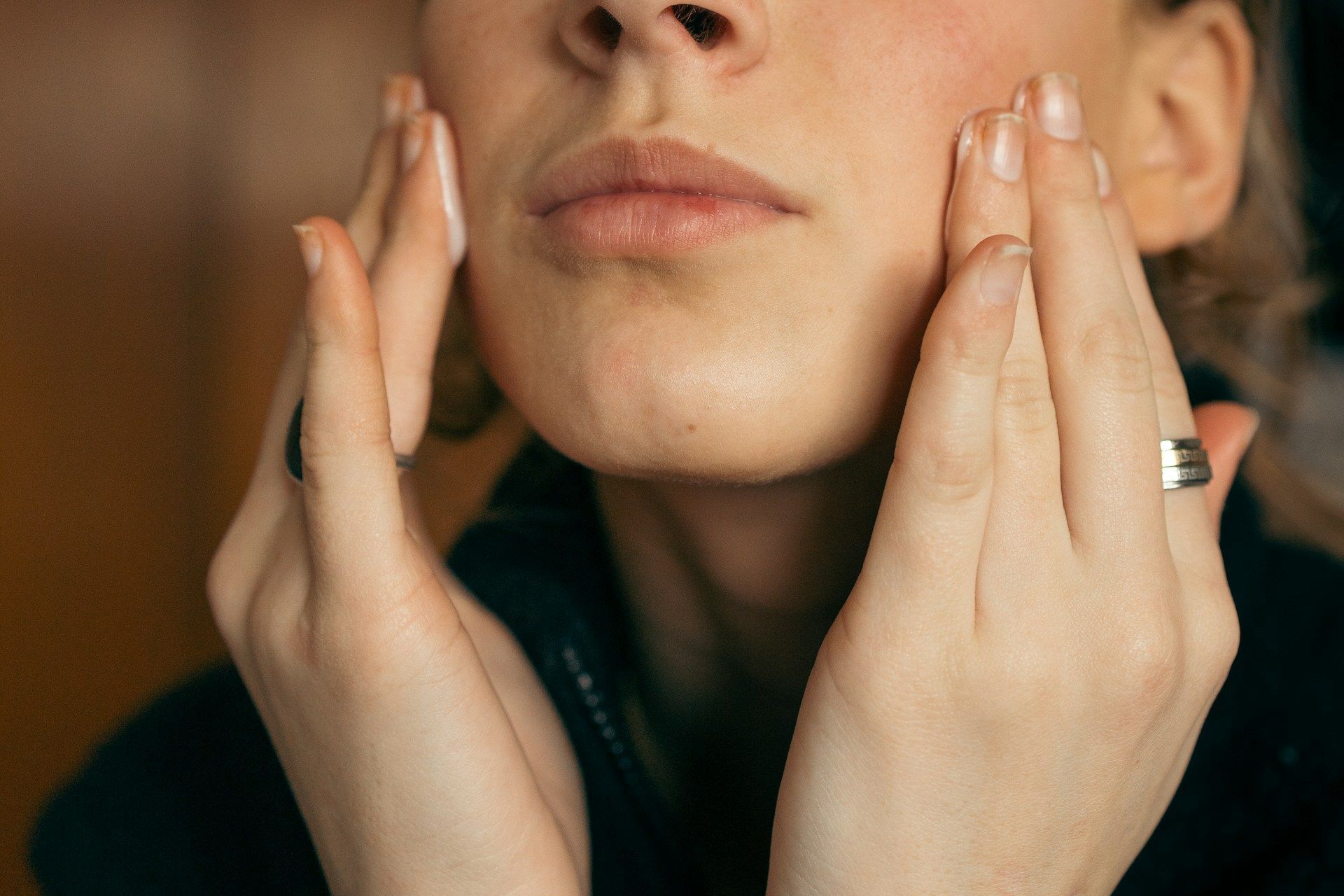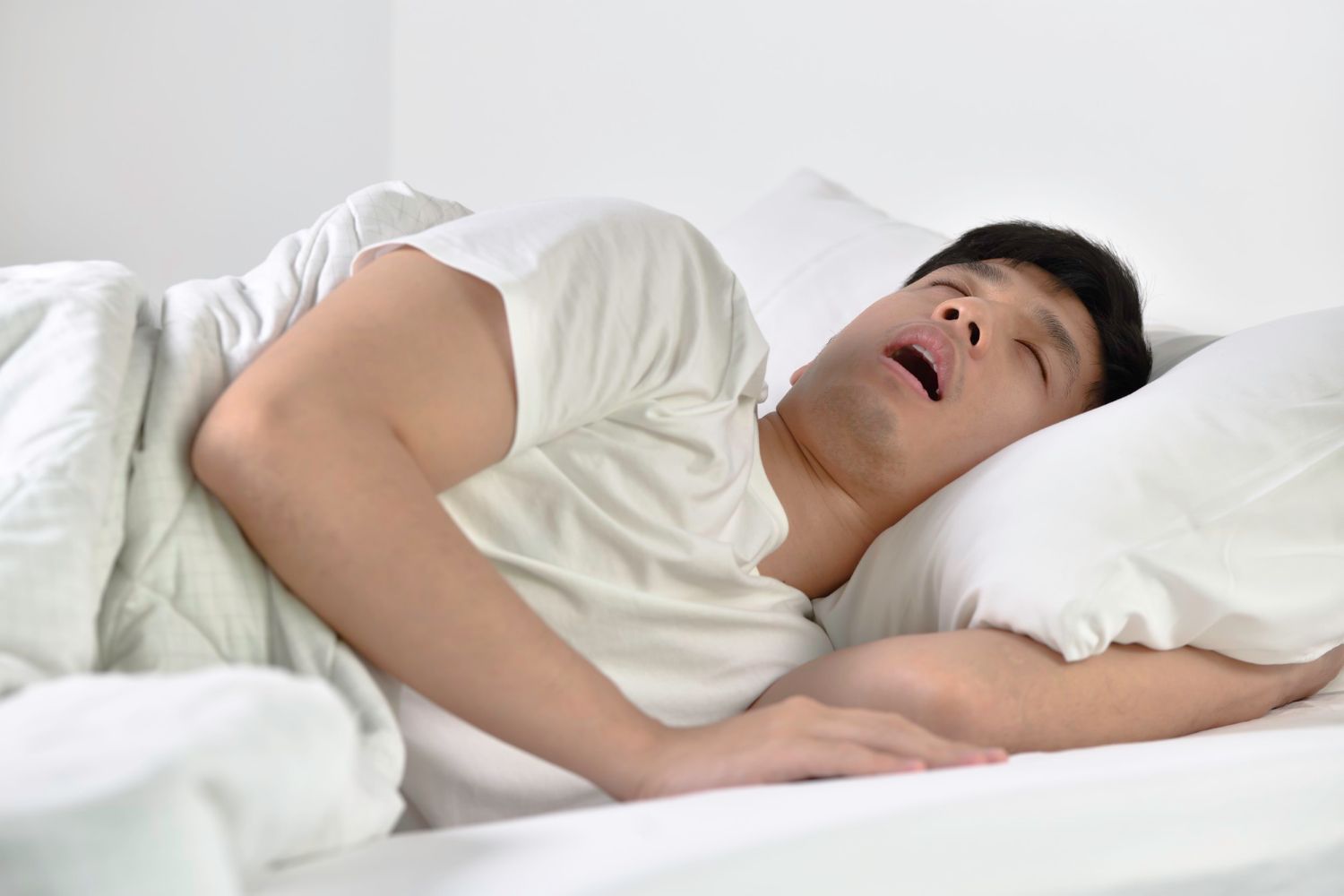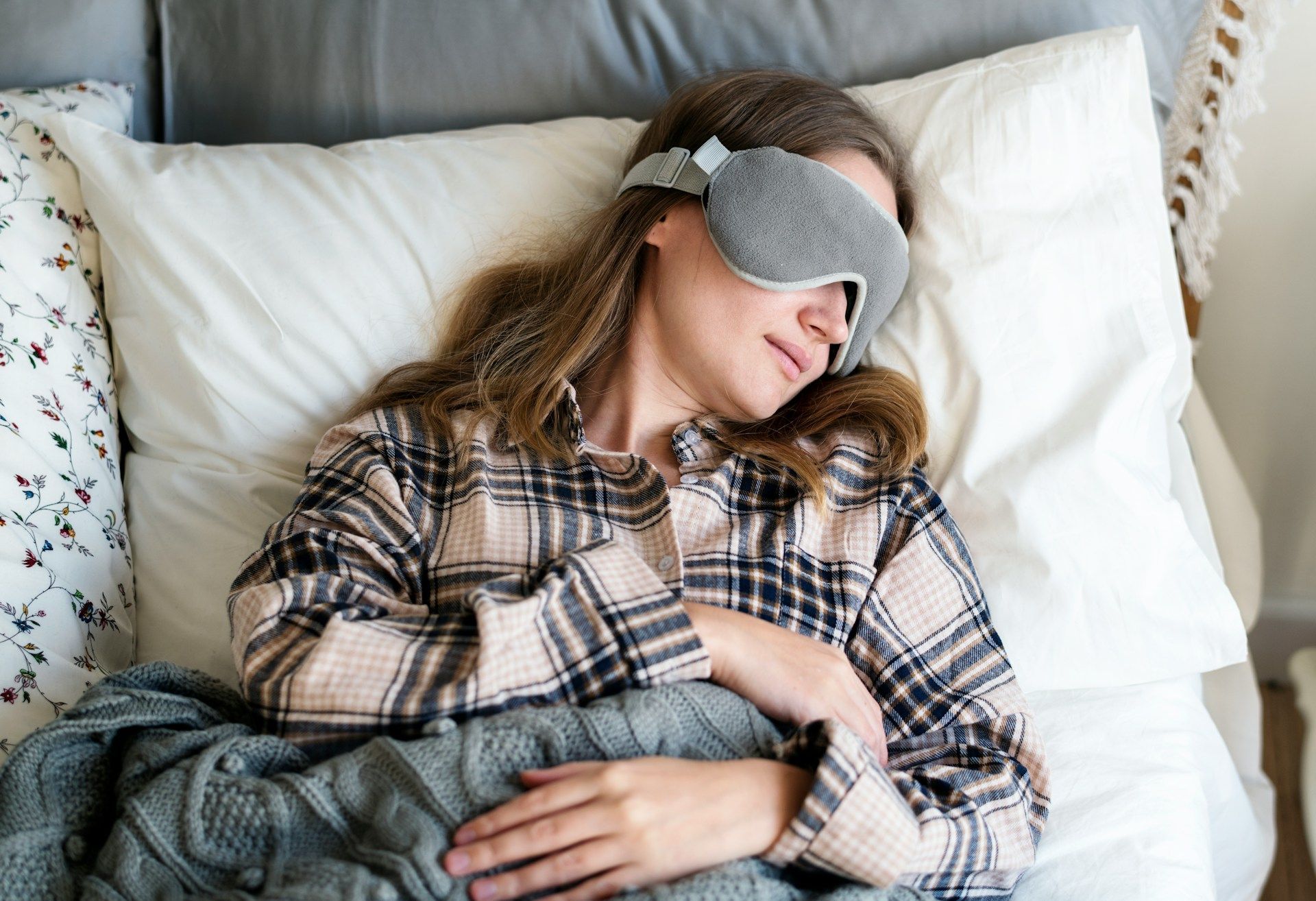Exploring the Connection Between Sleep Apnea and Headaches: Causes, Symptoms, and Treatment Options
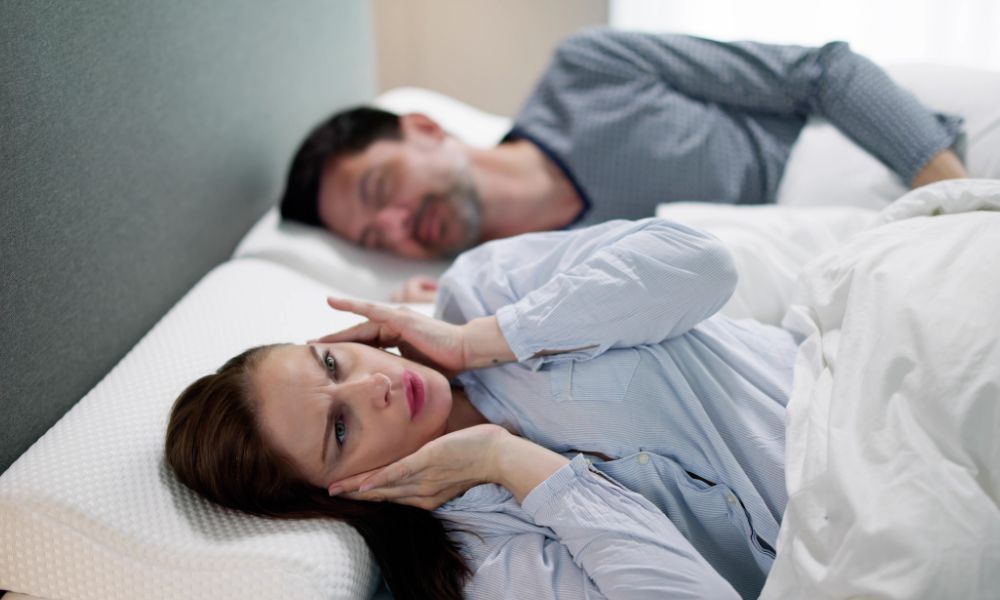
Sleep apnea and headaches might not seem directly connected at first glance, but these two conditions often go hand in hand, with sleep apnea contributing to disruptive sleep patterns and, in turn, leading to various types of headache disorders. At the Center for Sleep Apnea, our dedicated team focuses on treating sleep apnea, snoring, TMJ disorders, and head and facial pain. We understand the crucial role of restorative sleep in maintaining optimal health and well-being, and we strive to help our patients address the underlying causes of their sleep-related issues.
In this article, we will explore the connection between sleep apnea and headaches by delving into the most common types of sleep-related headaches, examining the underlying causes, and discussing the potential symptoms they may manifest. Furthermore, we will provide guidance on effective diagnostic and treatment options for sleep apnea-induced headaches, enabling individuals to better manage these disruptive and often painful conditions.
Sleep apnea is a prevalent sleep disorder characterized by repeated interruptions in breathing during sleep due to partial or complete blockage of the airway. These frequent disruptions can have a significant impact on sleep quality, leading to fatigue, irritability, and, crucially, headache disorders in many individuals. When left untreated, sleep apnea can exacerbate headache severity, frequency, and duration, reducing overall quality of life and making daily functioning increasingly challenging.
Common Types of Sleep-Related Headaches
There are several types of headaches associated with sleep, and understanding the differences between them is crucial for accurate diagnosis and effective treatment. Some common sleep-related headaches include:
- Morning headaches: These headaches typically occur upon waking and are commonly linked to sleep apnea, as shallow breathing or obstructed airways during sleep can lead to lower oxygen levels in the body, triggering headaches in the early morning hours.
- Tension headaches: Often caused by stress, tension headaches can be exacerbated by sleep apnea, as disrupted sleep leads to heightened muscle tension and increased daytime stress. Pain is typically felt as a constant tightness around the head or neck.
- Migraines: Sleep apnea can increase the likelihood of migraine episodes, as disrupted sleep patterns, low oxygen levels, and fatigue can trigger the painful and debilitating symptoms of migraines, such as severe, throbbing headaches, nausea, and sensitivity to light and sound.
- Cluster headaches:
These rare and intensely painful headaches occur in cyclical patterns or clusters. While the exact connection between sleep apnea and cluster headaches is unknown, disrupted sleep and low oxygen levels may play a role in the onset of these headaches, which are characterized by excruciating pain around one eye or on one side of the head.
Causes of Sleep Apnea-Induced Headaches
Although several factors can contribute to the development of headaches, there are a few key reasons why sleep apnea tends to increase the risk, frequency, and intensity of headaches:
- Lower oxygen levels: Sleep apnea causes interruptions in breathing, leading to decreased oxygen levels in the body. Low oxygen levels can increase blood pressure and dilate blood vessels in the brain, resulting in headaches upon waking.
- Poor sleep quality: Frequent disruptions to the sleep cycle caused by sleep apnea can lead to sleep deprivation and increased daytime fatigue, which are both known triggers for headaches, migraines, and tension headaches.
- Stress and anxiety:
Sleep apnea can exacerbate stress and anxiety, which are known contributors to headaches, including tension headaches and migraines.
Symptoms of Sleep Apnea and Headaches
In addition to headache pain, individuals with sleep apnea-induced headaches may experience several other symptoms related to sleep disruption and lower oxygen levels. Common symptoms of sleep apnea and associated headaches include:
- Snoring or gasping for air during sleep
- Restless sleep or frequent awakenings
- Excessive daytime sleepiness or fatigue
- Irritability, mood swings, or depression
- Difficulty concentrating or memory lapses
Paying close attention to these symptoms and seeking a medical evaluation can help identify the presence of sleep apnea and any other factors contributing to sleep-related headaches.
Treatment Options for Sleep Apnea-Induced Headaches
The most effective way to manage sleep apnea-induced headaches is to address the root cause: sleep apnea itself. By optimizing sleep and improving oxygen levels, many individuals can find relief from sleep-related headaches and enjoy better overall health. Some effective treatment options for sleep apnea and related headaches include:
- Continuous positive airway pressure (CPAP) therapy: A CPAP device delivers a constant flow of air through a mask worn during sleep, helping to keep the airway open and preventing breathing disruptions associated with sleep apnea. This can lead to improved sleep quality and reduced headache occurrences.
- Lifestyle modifications: Implementing changes such as losing weight, avoiding alcohol or sedatives, and maintaining a regular sleep schedule can help reduce sleep apnea symptoms and decrease the frequency and intensity of headaches.
- Oral appliances: A custom-made dental appliance worn during sleep can help reposition the jaw and tongue, preventing airway obstruction and reducing sleep apnea symptoms and associated headaches.
- Surgical intervention: In some severe cases, surgery may be recommended to address anatomical issues contributing to sleep apnea and associated headaches. Surgical options may include uvulopalatopharyngoplasty (UPPP), tonsillectomy, or genioglossus advancement, among others.
Conclusion
The connection between sleep apnea and headaches is an important one to explore, as addressing the sleep disorder can often lead to significant improvements in headache management and overall quality of life. At the Center for Sleep Apnea and TMJ, our team of experts is well-equipped treat sleep apnea, ensuring that our patients receive the care they need to feel their best. If you suspect that sleep apnea may be the cause of your headaches, reach out to our dedicated team and take the first step toward sleep apnea treatment in Meridian, ID.
Disclaimer: Our blog articles serve to educate readers about various treatment options for sleep apnea and TMJ disorders. It's important to understand that while we discuss multiple treatments in our posts, not all of these options may be accessible at our clinic. We encourage you to reach out and schedule a consultation with us. This way, we can carefully devise a personalized treatment plan that caters to your specific needs.
Contact Us
The Center for Sleep Apnea & TMJ
1718 S Millennium Way, Meridian, ID 83642
Phone: (208) 376-3600
Fax: (208) 376-3616
All Rights Reserved
The Center for Sleep Apnea & TMJ
All Rights Reserved - Accessibility Statement
The Center for Sleep Apnea & TMJ

